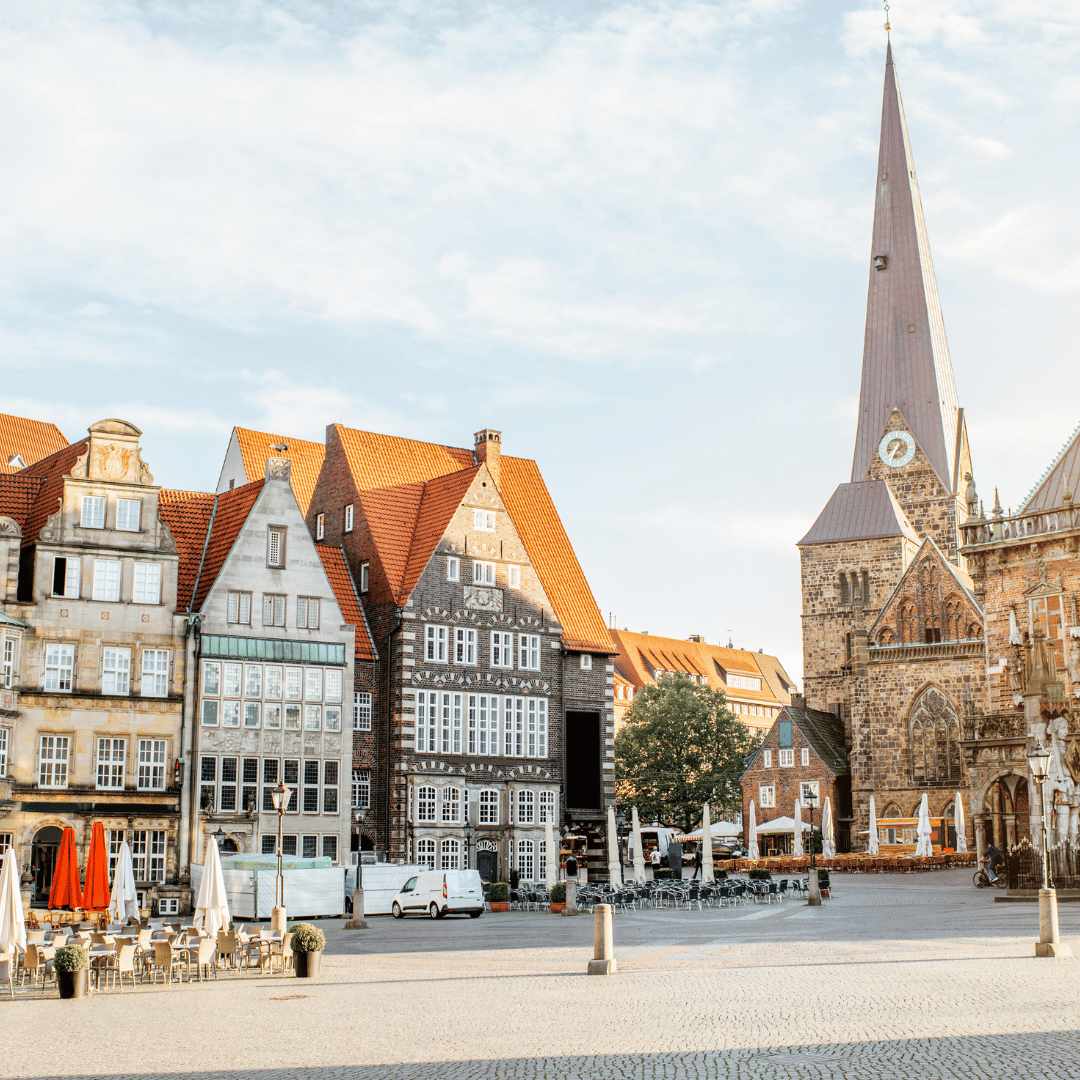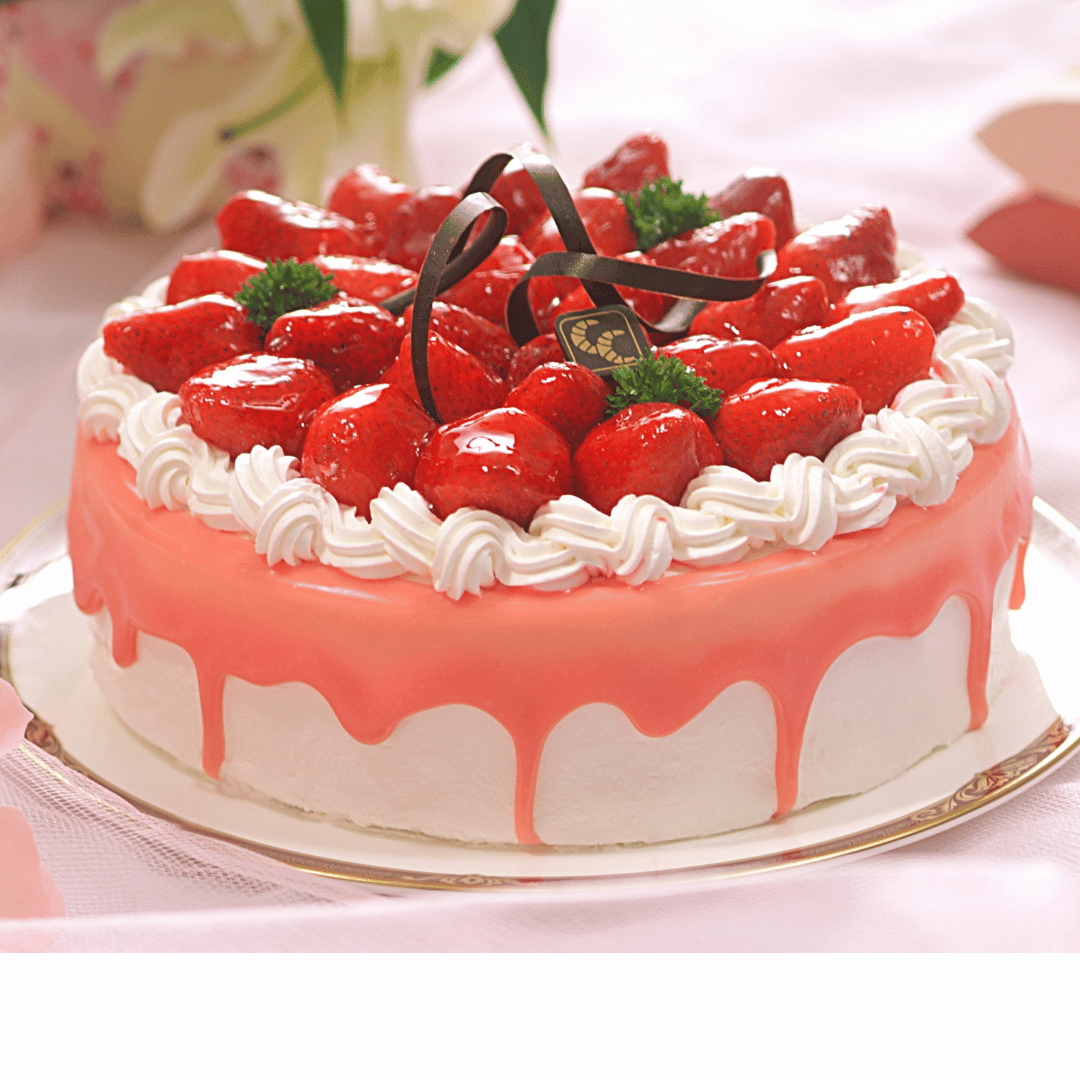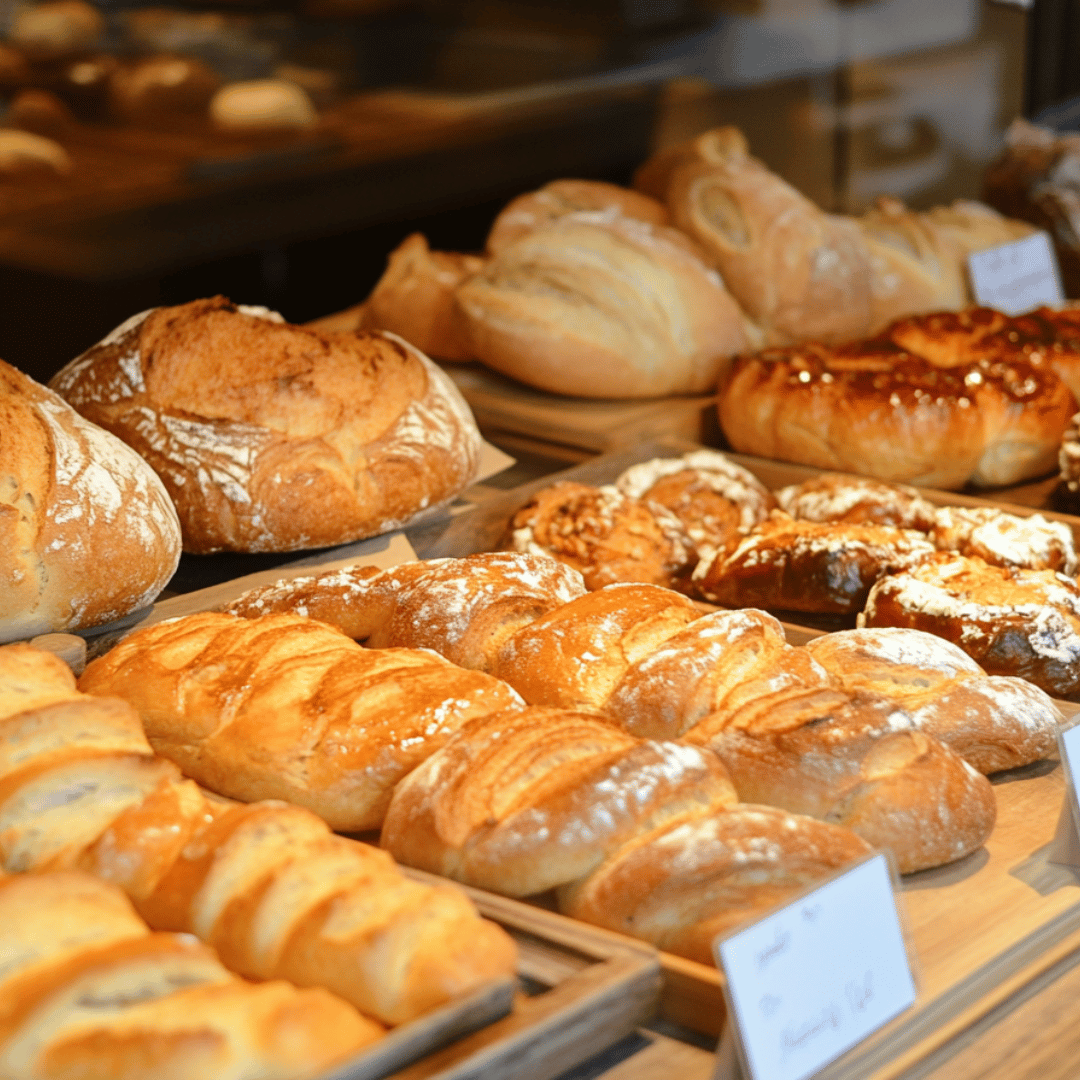GERMAN CULTURE
India or Germany?
The two countries differ in many ways.
If you’re looking for culturally enriching experiences, India is the right country for you.
Germany is the better choice if career choice is important to you.
Work
Germany is known to place great value on work-life balance.
German work culture promotes the idea that employees should have sufficient time for relaxation, family, and personal activities outside of work.
A typical German workweek is around 38 to 40 hours, and overtime is generally frowned upon.
Holy days
India is home to many colorful holy days and festivals, most of which have religious origins.
The most important Hindu festivals are Diwali (the festival of lights), Holi (the festival of colors and spring), and Durga Puja (the festival of Goddess Durga).
In Germany, holy days are usually celebrated more quietly.
Important holy days in Germany are:
New Year’s Day, Easter, Pentecost, Labor Day, German Unity Day, and Christmas.
Social Norms
One of the first things students notice is the different social norms.
Germans value privacy, personal space, and direct communication.
This may initially feel distant or formal, especially compared to the familiar and warm social interactions common in India. Germans generally prefer more personal space and maintaining distance, especially in formal interactions.
In India, physical distance is often less, and touching such as shoulder pats or holding hands between friends is considered desirable. Social gatherings are usually casual, informal, warm, and often spontaneous, rather than planned well in advance.
Not so in Germany!
Spontaneous visits to friends aren’t always encouraged.
Moral Values
Modesty, non-violence, and respect for the elderly are universal values in Indian culture. This kind of respect is not always seen anymore in Germany.
Generations before, women and children, as well as weaker persons, were protected; as in India.
For centuries, beauty in India has been defined by three essential characteristics:
Fair skin, straight hair, and a slim figure, which can be often found in Germany.
However, in Germany, looking at the opposite sex is perceived as intrusive and invasive. Especially for women.
If an individual feels harassed by a person, that person can be prosecuted.
Important characteristics of Indian culture are civilized communication, beliefs, values, etiquette, and rituals. India is known worldwide for its „unity in diversity.“ Also Germany grew to a diverse nation with time, where many peope live together with different backgrounds.
This means that India is a diverse nation, where many religious people live together peacefully and cultivate different cultures.





Food
German food culture varies greatly from region to region.
It is shaped by tradition and history, but also influenced by other countries.
Food and drink play a central role in everyday life in Germany, and meals are often social occasions that are not only enjoyed but also cultivated.
German food culture is characterized by hearty dishes featuring meat, potatoes, bread, vegetables and cakes. Vegetarianism and veganism are on the rise over many years.
Breakfast
is a quick and short meal and compared to other countries often simple.
In many households, there is a classic “continental breakfast,” which consists mainly of bread, rolls, butter, jam, cheese, and sausage.
Lunch
is traditionally the main meal of the day.
It is usually eaten between 1 p.m and 2 p.m.
Coffee time
is a very common ritual in the afternoon.
Cake or pastries are often served with coffee or tea.
Dinner
is often a simple “Abendbrot” (evening meal) and usually a lighter meal.
It often consists of different types of bread, sausage, cheese, jam or honey, accompanied by a few sliced cucumbers, tomatoes, and fresh vegetables.
Good to know
– Germany is famous for their cakes and bakery. Various types of bread, cakes and pastries are being offered in each bakery of the country.
– Coffee is an indispensable part of German culture, and it is often drunk in connection with social occasions such as birthday parties or visits from friends.
– Germans like to drink beer, but also sparkling water and lemonade are widely consumed.

